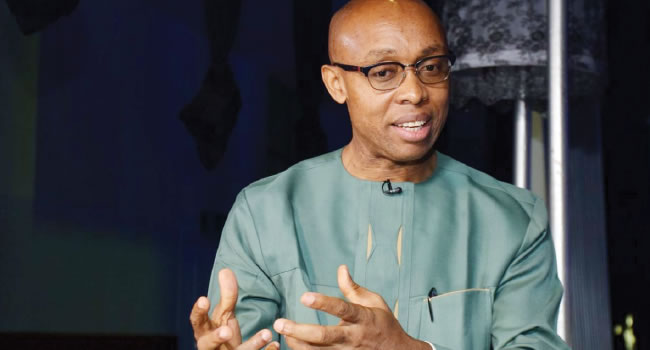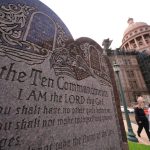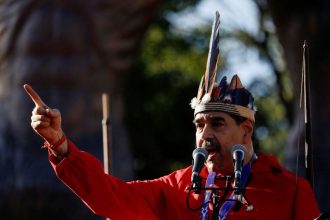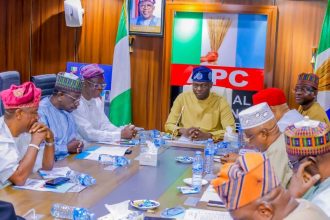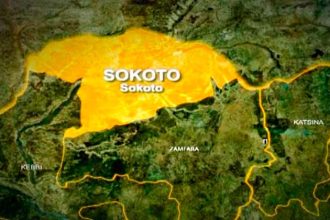Human rights lawyer and former Chairman of the National Human Rights Commission, Prof. Chidi Odinkalu, has dismissed the criticism of the Department of State Services’ screening of newly cleared Senior Advocates of Nigeria by ex-Nigerian Bar Association General Secretary, Olumuyiwa Akinboro, SAN.
Akinboro had on Monday described the security vetting as an attack on the independence of the legal profession, insisting that the conferment of the SAN rank is a professional recognition under the Legal Practitioners Act and not subject to executive interference.
But reacting on Tuesday in a series of posts on X, Odinkalu said the rule was introduced in 2022 by then Chief Justice of Nigeria, Olukayode Ariwoola, and had been applied to SAN conferments in 2022, 2023 and 2024 without protest.
“These people are short of candour. The rules requiring screening of SAN candidates by DSS were made by Olukayode Ariwoola in 2022. They governed SAN conferment in 2022, ’23 & ’24.
“Rather than object, folks saw them and applied,” he wrote
He argued that it was inconsistent for lawyers to oppose DSS checks for SAN hopefuls while judicial nominees undergo the same process.
“Why are they objecting to the screening of SAN candidates by SSS? What do they have to hide?” he asked.
The former NHRC chair also maintained that Nigeria’s legal profession is not fully independent, noting that statutory bodies regulating it, including the General Council of the Bar, the Council of Legal Education, the Body of Benchers and the Legal Practitioners Privileges Committee, are government-controlled.
“The Nigerian Bar Association is an NGO with statutory privileges. I would like to see an independent Bar in my lifetime. But we have to fight for that.
“Those who enjoy the privilege of a parastatalised Bar should not come back to hoodwink or mislead people when they know better. It’s dishonest,” he said.
Akinboro had earlier faulted the decision, describing it as an encroachment on the independence of the legal profession.
“The conferment of the rank of Senior Advocate of Nigeria is not a political appointment, nor is it an executive privilege.
“It is a professional recognition rooted in the provisions of the Legal Practitioners Act and administered solely by the LPPC,” he said.
According to him, subjecting candidates to further external vetting after the LPPC’s rigorous process undermines due process and threatens the autonomy of the Bar.
“The strength of the Bar has always been its autonomy. If we allow institutions outside the profession to insert themselves into its core processes without legal basis, we open the door to a precedent that may one day compromise not only the rank of SAN but also the independence of our courts, our appointments, and ultimately, our ability to dispense justice without fear or favour,” Akinboro added.


